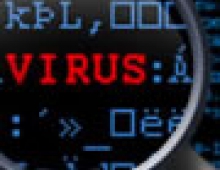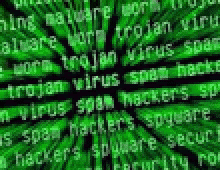
U.S. And Isreal Officials Behind The Development Of Flame, Stuxnet Viruses
The United States and Israel have jointly developed the Flame and Stuxnet computer viruses that collected intelligence to help slow Iran's nuclear program, The Washington Post reported on Tuesday.
The Flame malware aimed to map Iran's computer networks and monitor computers of Iranian officials, the newspaper said, citing anonymous Western officials. It was designed to provide intelligence to help in a cyber campaign against Iran's nuclear program, involving the National Security Agency, the CIA and Israel's military, the Post said.
The cyber campaign against Iran's nuclear program has also included the Stuxnet computer virus, the newspaper added.
Flame and Stuxnet are possibly the most complex computer spying program ever discovered. The primary purpose of Flame appears to be cyber espionage, by stealing information from infected machines. Such information is then sent to a network of command-and-control servers located in many different parts of the world. The diverse nature of the stolen information, which can include documents, screenshots, audio recordings and interception of network traffic, makes it one of the most advanced and complete attack-toolkits ever discovered.
The report smakes sense as Kaspersky Lab's experts had recently revealed that the teams behind the development of the Flame and Duqu/Stuxnet malwares were connected and that there was strong evidence of Flame being developed by the same team that delivered Stuxnet and another malware, called Duqu.
The cyber campaign against Iran's nuclear program has also included the Stuxnet computer virus, the newspaper added.
Flame and Stuxnet are possibly the most complex computer spying program ever discovered. The primary purpose of Flame appears to be cyber espionage, by stealing information from infected machines. Such information is then sent to a network of command-and-control servers located in many different parts of the world. The diverse nature of the stolen information, which can include documents, screenshots, audio recordings and interception of network traffic, makes it one of the most advanced and complete attack-toolkits ever discovered.
The report smakes sense as Kaspersky Lab's experts had recently revealed that the teams behind the development of the Flame and Duqu/Stuxnet malwares were connected and that there was strong evidence of Flame being developed by the same team that delivered Stuxnet and another malware, called Duqu.





















